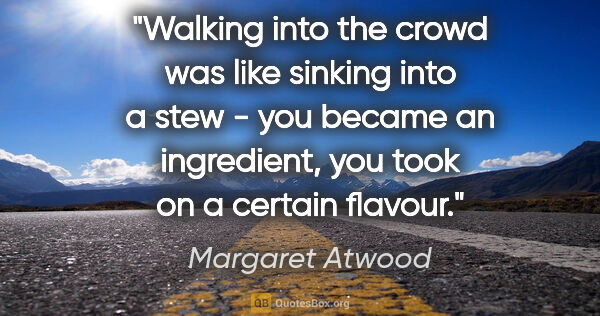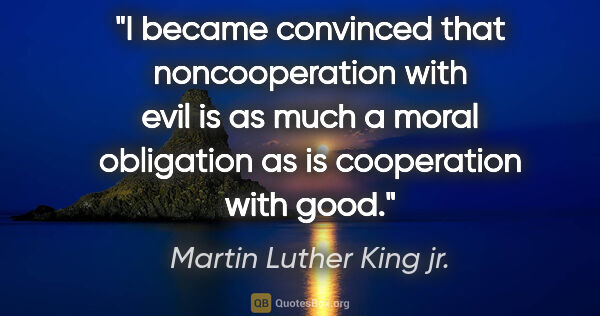Became Quotes (page 44)
The great gain was that I very soon became able to understand a great deal without (even mentally) translating it; I was beginning to think in Greek. That is the great Rubicon to cross in learning any language. Those in whom the Greek word lives only while they are hunting for it in the lexicon, and who substitute the English word for it, are not reading the Greek at all; they are only solving a puzzle. The very formula, “Naus means ship is wrong. Naus and ship both mean a thing, they do not...
C. S. Lewis

One of the thousand reasons I quit going to the theater when I was about twenty was that I resented like hell filing out of the theater just because some playwright was forever slamming down his silly curtain. (What ever became of that stalwart Fortinbras? Who eventually fixed his wagon?) Nonetheless, I’m done here… Seymour once said that all we do our whole lives is go from one piece of Holy Ground to the next. Is he never wrong?
Just go to bed, now. Quickly. Quickly and slowly.
J. D. Salinger


Therefore, doing the Stations of the Cross was still more laborious than consoling, and required a sacrifice. It was much the same with all my devotions. They did not come easily or spontaneously, and they very seldom brought with them any strong sensible satisfaction. Nevertheless the work of performing them ended in a profound and fortifying peace: a peace that was scarcely perceptible, but which deepened and which, as my passions subsided, became more and more real, more and more sure,...
Thomas Merton
I always loved English because whatever human beings are, we are storytellers. It is our stories that give a light to the future. When I went to college I became a history major because history is such a wonderful story of who we think we are. English is much more a story of who we really are.
Nikki Giovanni

In the eighteenth century, philosophers considered the whole of human knowledge, including science, to be their field and discussed questions such as: Did the universe have a beginning? However, in the nineteenth and twentieth centuries, science became too technical and mathematical for the philosophers, or anyone else except a few specialists. Philosophers reduced the scope of their inquiries so much that Wittgenstein, the most famous philosopher of this century, said, "The sole remaining...
Stephen Hawking
